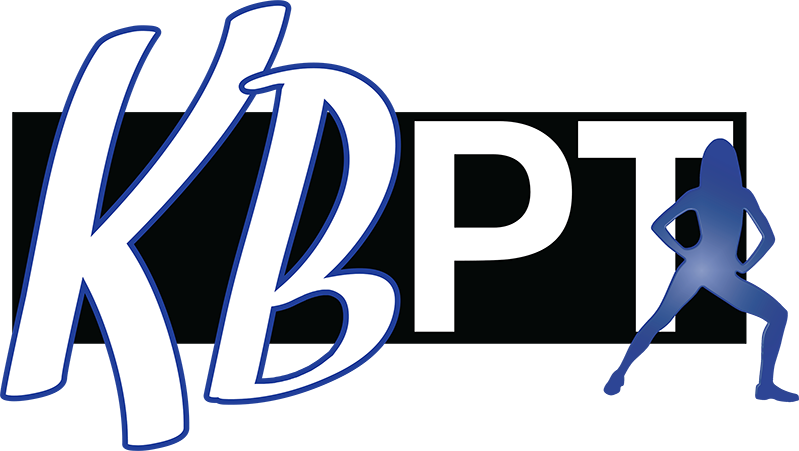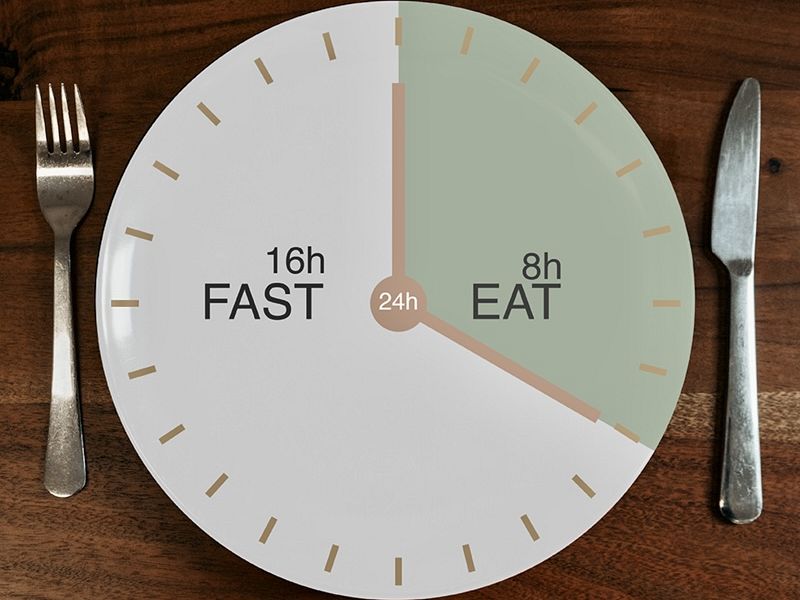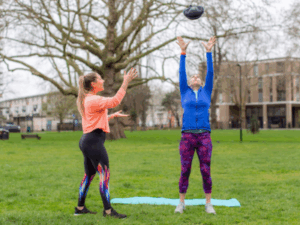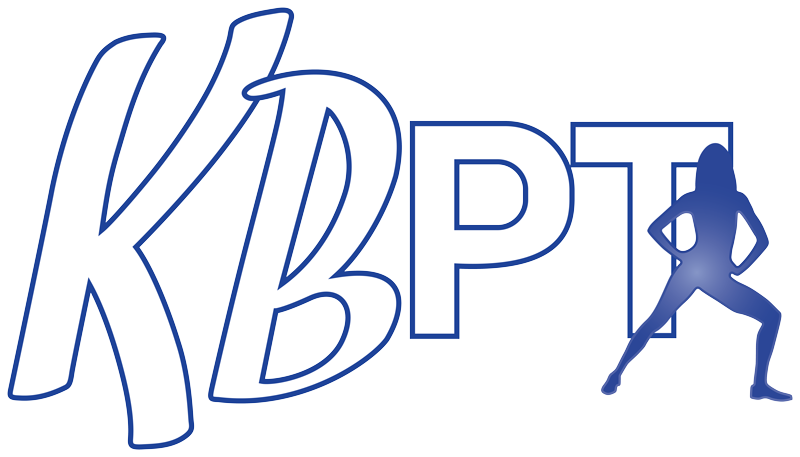How often do you find yourself snacking or ordering a late night food delivery? It’s all too easy to get into the habit of eating whenever you want, not just when you’re hungry. In this latest KBPT blog, we look at the benefits of a particular type of intermittent fasting (IF) where you leave at least 12 hours between meals.
What is intermittent fasting?
Intermittent fasting is when you eat within a specific time window each day or when you reduce your calorie intake on a certain number of days each week. Because IF doesn’t specify which foods you should eat, rather when you eat them, it can be a simple and sustainable lifestyle change.
What happens when someone doesn’t eat for 12 hours or more?
Around 12 hours after your last meal, your body goes into a fasted state and your liver starts to break down stored fat into fatty acids. Fasting can also trigger a process called autophagy, which is the body’s way of cleaning out damaged cells and repairing itself.
How might intermittent fasting be good for my health?
Intermittent fasting is a complex area but it has been shown to have various health benefits – for example, it can help to reduce insulin levels, lower blood pressure, increase energy levels, boost mood and decrease inflammation. Because you eat fewer calories and increase your metabolic rate when fasting, it can also aid weight loss.
What can I eat while I’m doing intermittent fasting?
Try to eat a nutritious, balanced diet that includes fruit, vegetables, fibre and protein in the times you’re allowed to eat and, in the restricted times, don’t eat anything at all (not even the smallest of snacks!). It’s really important to stay hydrated so you can drink water, coffee and tea wherever you are in your IF schedule.
Won’t I feel hungry?
Yes! And that’s perfectly normal. Because we have a constant supply of food, we don’t often feel hungry, so it can feel a bit strange at first. Acknowledge how it feels and ride it out.
Can I exercise while fasting?
It’s generally safe to do low intensity workouts while following an IF regime but it depends how you feel. If you experience any faintness, dizziness, nausea or other symptoms, don’t do any exercise.
What about fasting for even more than 12 hours – would you recommend this?
The 16/8 method (where you fast for 16 hours and have a feeding window of eight hours) is one of the most popular regimes. If you’re interested in fasting for even longer (e.g. 48 or 72 hours), we recommend getting professional support – check out the detox health retreats run by Amchara and Sura Detox.
Is intermittent fasting safe?
Intermittent fasting doesn’t suit everyone so listen to your body and don’t do it if you have a medical condition, such as diabetes or low blood pressure, a history of eating disorders, or if you’re pregnant or breastfeeding.
Where can I get more information about intermittent fasting?
You can find lots of information and advice online (e.g. on the BBC, Healthline and Women’s Health websites). Dr Rangan Chatterjee also has a great podcast episode in which he discusses fasting, hormones and the menopause.
Email kate@kbpersonaltraining.co.uk to find out how KBPT can help you to get fitter and healthier.












